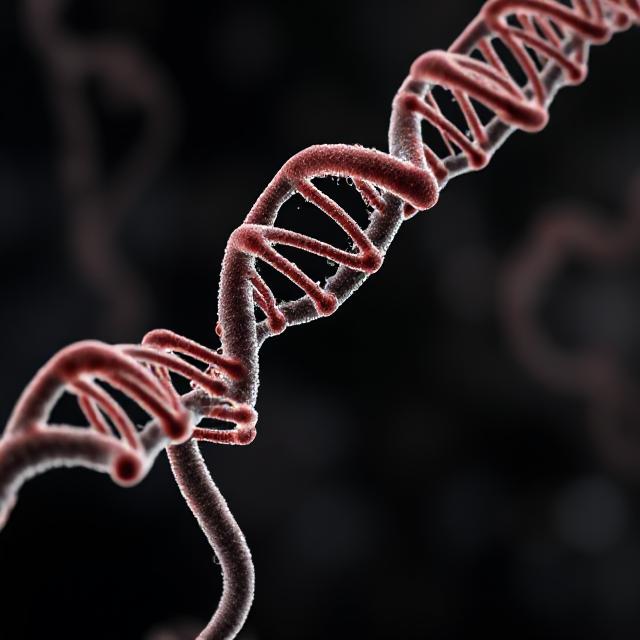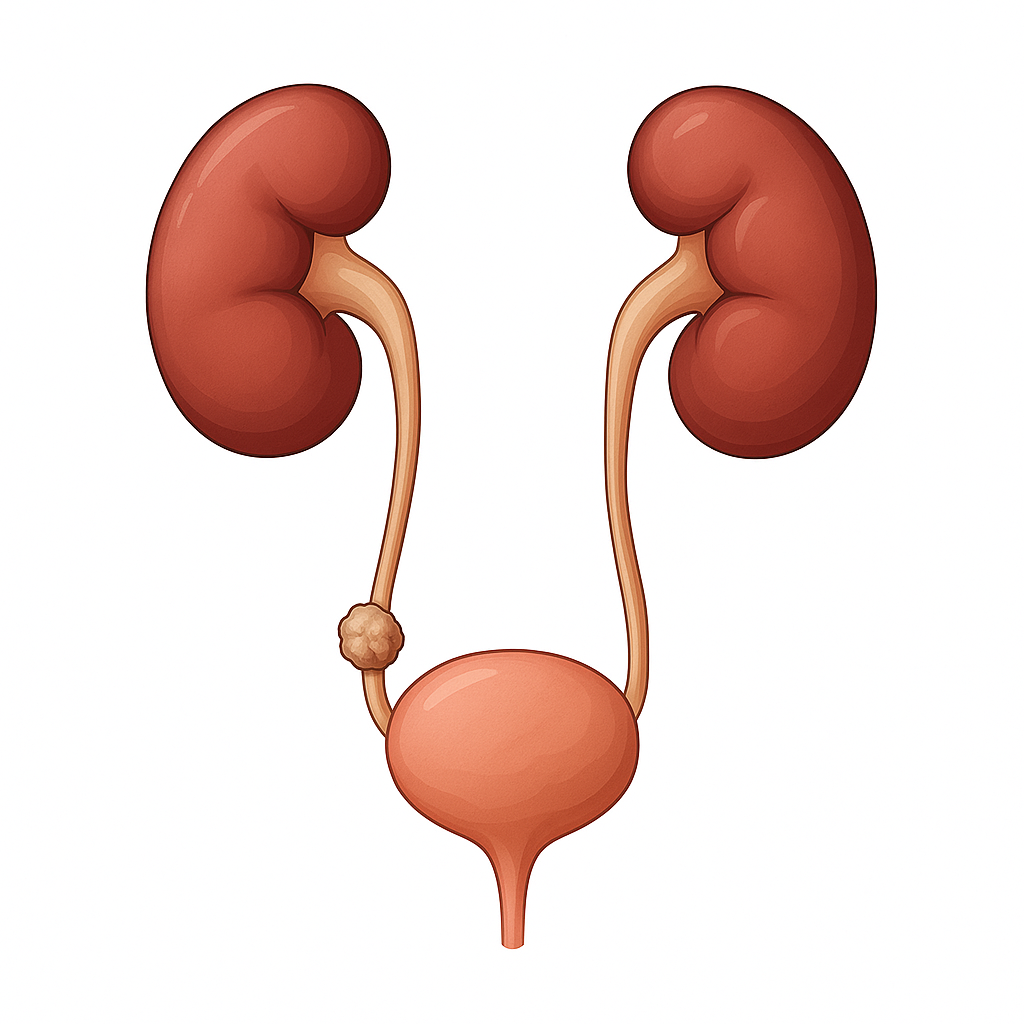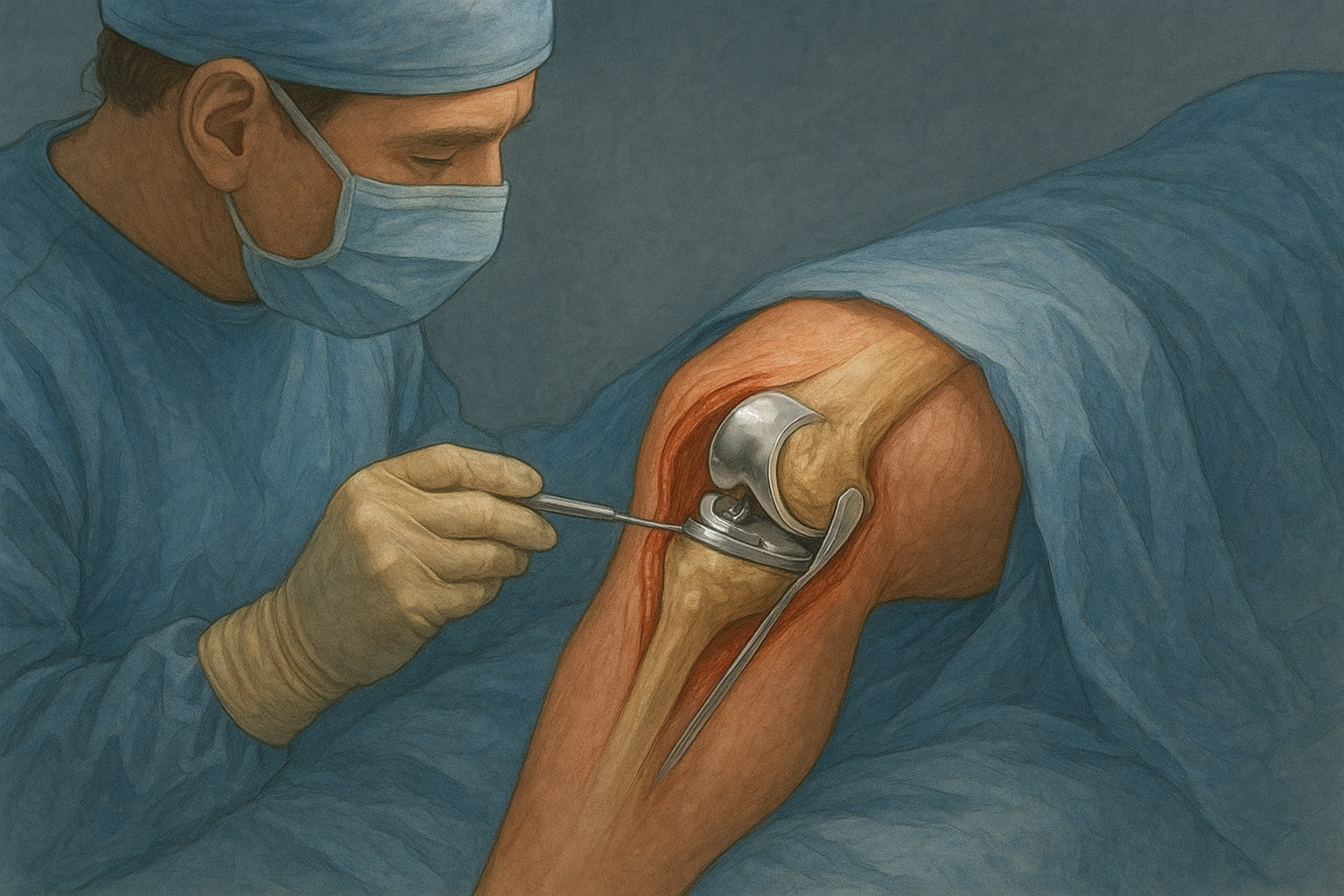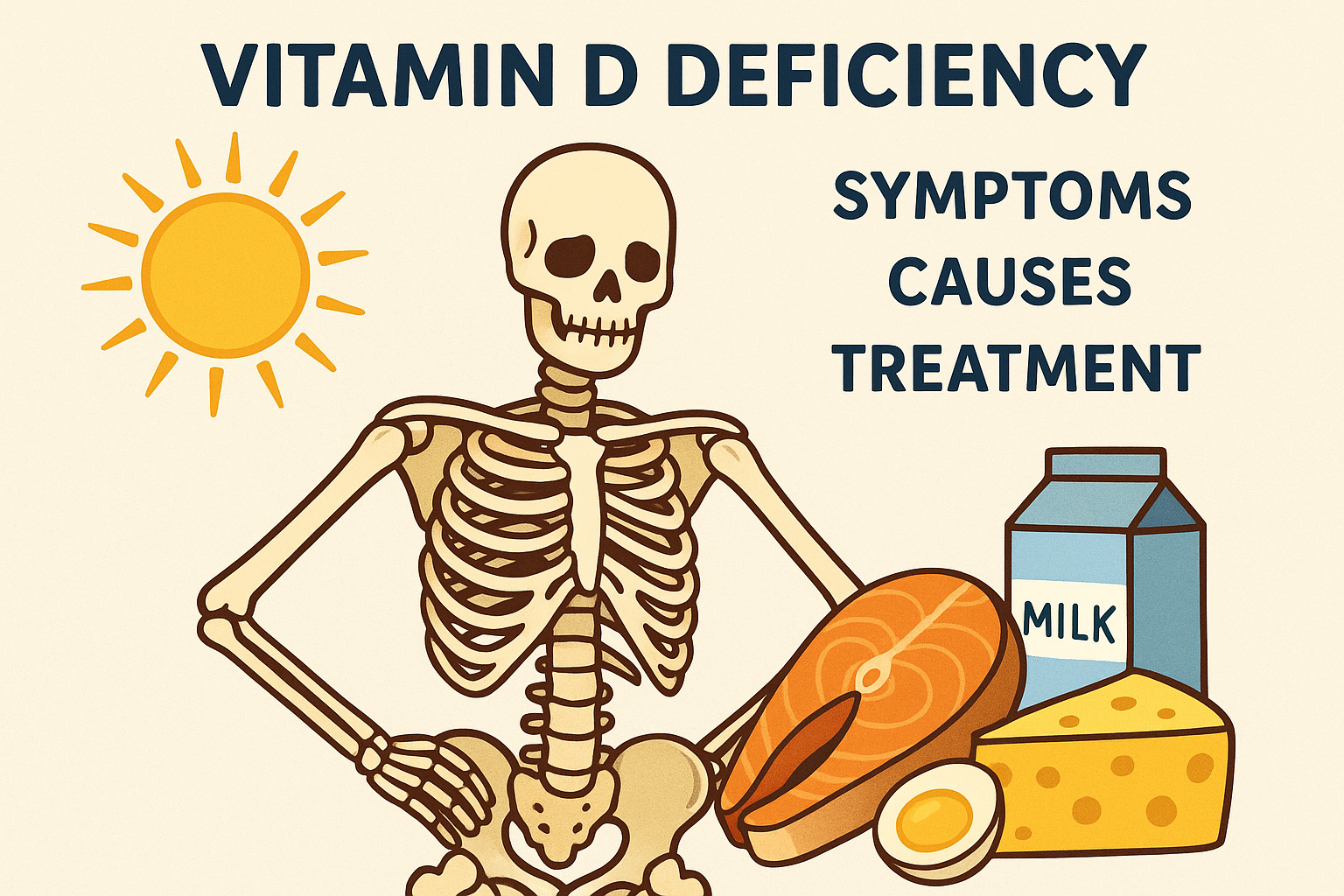Genetic disorders are health conditions caused by abnormalities in a person’s DNA. These conditions can be inherited from parents or arise due to mutations in genes. While some genetic disorders are mild, others can significantly affect a person’s health and quality of life. Raising awareness about genetic conditions is crucial for early diagnosis, better management, and informed family planning.
What Are Genetic Disorders?
Genetic disorders are diseases that result from changes or mutations in an individual’s genetic material. These mutations can affect a single gene, multiple genes, or entire chromosomes.
Causes include:
- Inherited mutations from parents
- Spontaneous mutations during cell division
- Environmental factors triggering gene changes
Common Types of Genetic Disorders
- Single-Gene Disorders
- Caused by mutations in a single gene.
- Examples: Cystic Fibrosis, Sickle Cell Anemia, Huntington’s Disease
- Chromosomal Disorders
- Caused by structural changes or abnormalities in chromosomes.
- Examples: Down Syndrome, Turner Syndrome
- Complex Disorders
- Result from a combination of genetic and environmental factors.
- Examples: Heart Disease, Diabetes, Certain Cancers
Symptoms and Diagnosis
Symptoms vary depending on the specific disorder, but may include:
- Developmental delays
- Physical abnormalities
- Neurological issues
- Repeated infections or immune problems
Diagnostic Tools:
- Genetic Testing
- Newborn Screening
- Prenatal Testing
- Family History Analysis
Importance of Genetic Counseling
Genetic counseling helps individuals and families understand:
- Their risk of inherited conditions
- Options for genetic testing
- Reproductive options and family planning
- Strategies for managing genetic conditions
Can Genetic Disorders Be Treated?
While many genetic disorders cannot be cured, treatment can help manage symptoms and improve quality of life. Options include:
- Medication and supplements
- Physical and occupational therapy
- Gene therapy (in research and emerging treatments)
- Lifestyle and dietary changes
Raising Awareness: Why It Matters
Creating awareness about genetic disorders helps:
- Encourage early diagnosis and treatment
- Promote genetic counseling and screening
- Reduce stigma around inherited conditions
- Support research and medical advancements
Prevention and Risk Reduction
While not all genetic disorders are preventable, you can reduce risks by:
- Getting regular check-ups
- Seeking genetic counseling if there is a family history
- Considering preconception and prenatal testing
- Maintaining a healthy lifestyle to reduce risk of complex disorders
Final Thoughts
Genetic disorders, though often misunderstood, are a vital area of healthcare that affects millions globally. By spreading awareness and encouraging early screening, we can help individuals lead healthier lives and make informed decisions. Education, support, and research are key to managing and eventually overcoming many of these conditions.




